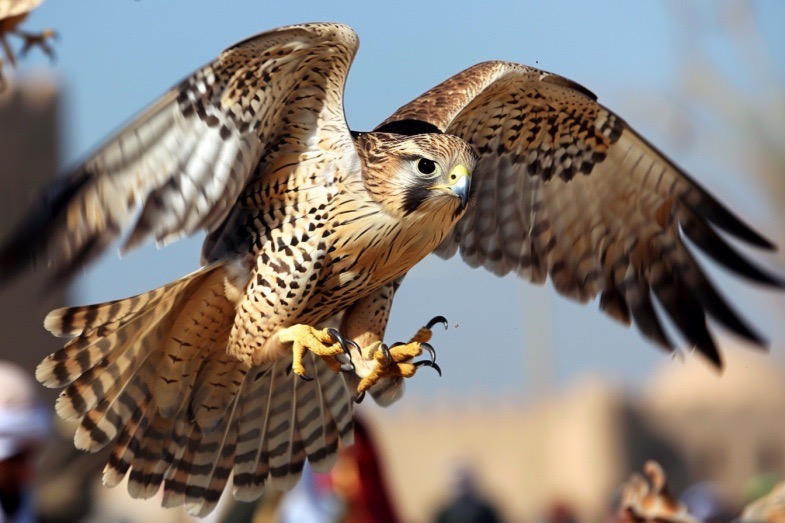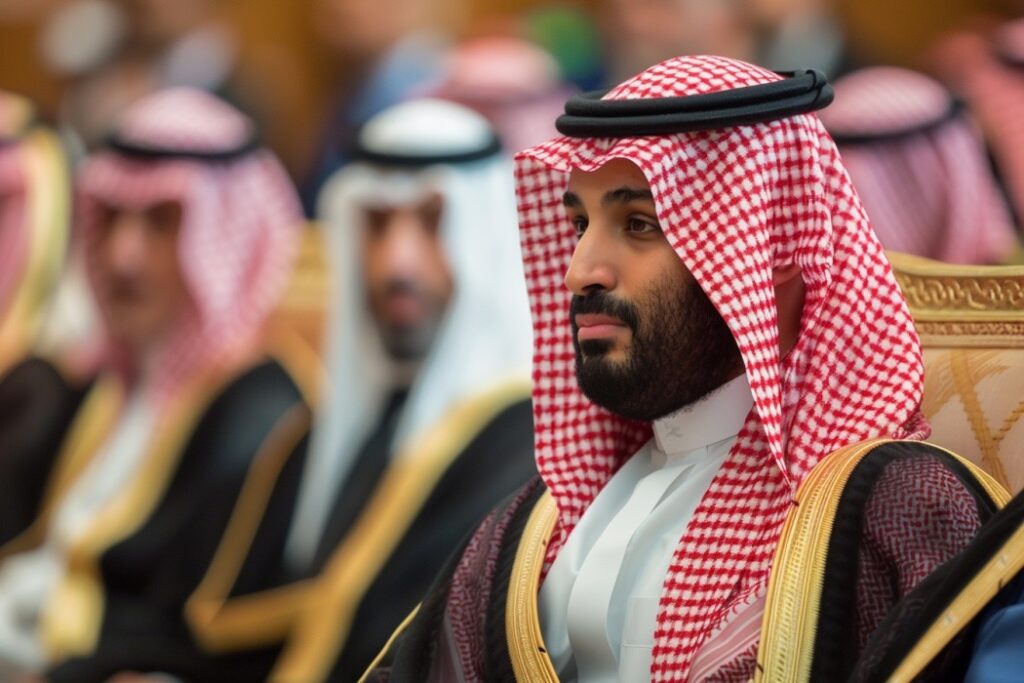Anura Kumara Dissanayake Emerges Victorious in Sri Lanka’s Presidential Election
In a historic turn of events, left-leaning politician Anura Kumara Dissanayake has clinched victory in Sri Lanka’s presidential election after a nail-biting second round of counting.
No candidate managed to secure over 50% of the total votes in the initial round. Dissanayake garnered 42.31%, closely followed by opposition leader Sajith Premadasa with 32.76%.
However, it was Dissanayake’s commitment to good governance and stringent anti-corruption measures that ultimately propelled him to the top spot after the second count, which took into account voters’ preferences for second and third choice candidates.
This election marked the first since mass protests led to the ousting of former leader Gotabaya Rajapaksa in 2022, amidst Sri Lanka’s worst economic crisis.
Addressing Sri Lankans, the 55-year-old Dissanayake declared, “this victory belongs to us all,” in a message shared on the social media platform X.
Upon tallying preferences, the Election Commission announced Dissanayake as the winner with a total of 5,740,179 votes, surpassing Premadasa’s 4,530,902 votes.
To jumpstart the economy, Dissanayake has pledged to enhance the manufacturing, agriculture, and IT sectors. He has also vowed to uphold the agreement with the International Monetary Fund (IMF) aimed at pulling Sri Lanka out of its economic turmoil while minimizing the impact of austerity measures on the country’s most vulnerable.
Unlike previous elections where a clear winner emerged in the first round of counting, this poll has been hailed as one of the tightest in the nation’s history.
With seventeen million eligible voters, the country’s elections commission hailed the election as the most peaceful in its history.
Despite the peaceful conduct, a late-night curfew was enforced for “public safety” on Saturday, only to be lifted at noon local time (06:30 GMT).
Dissanayake’s strong stance against corruption and emphasis on good governance struck a chord with voters yearning for systematic change amidst the crisis.
His ability to overcome concerns regarding his party’s violent past, the Marxist Janatha Vimukthi Peramuna (JVP) which led armed uprisings in the 1970s and 80s, underscores his message of reform.
Emerging prominently during the 2022 protests known as the Aragalaya (struggle), Dissanayake’s alliance, the National People’s Power, has gained traction through moderating the hard left stance of the JVP.
While initial results positioned him as the frontrunner, a surge by Premadasa necessitated the second round of counting.
Incumbent president Ranil Wickremesinghe secured 17% of the vote, landing him in third place. He graciously congratulated his successor.
The new president faces the daunting challenge of revitalizing the economy and uplifting millions from poverty, following the economic turmoil that led to Rajapaksa’s ousting.
The nation’s economic woes have been attributed to policy missteps, weak exports, and years of inadequate taxation, exacerbated by the Covid-19 pandemic’s impact on tourism, a vital economic driver.
Corruption and mismanagement have also fueled public anger towards the Rajapaksa family’s decade-long rule.
Restoring the economy remains a critical task, as emphasized by Dr Athulasiri Samarakoon, a political scientist at the Open University of Sri Lanka.
With a $2.9 billion lifeline secured from the IMF during Wickremesinghe’s tenure, Sri Lanka is restructuring its debt payments and focusing on the $36 billion foreign debt, predominantly owed to China.
In alignment with Dissanayake’s vision, Premadasa has advocated for IT development and the establishment of new industrial zones to boost the economy.
The incoming president inherits the mandate to steer Sri Lanka towards economic recovery and prosperity, setting the stage for a new chapter in the nation’s history.



